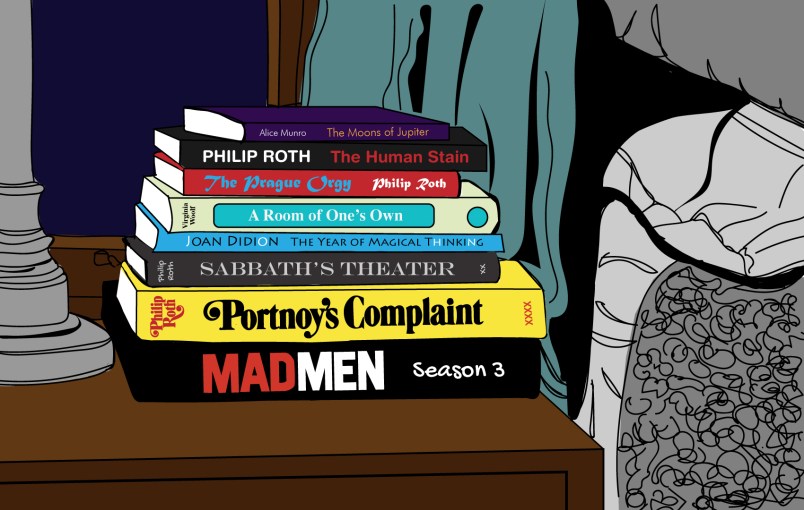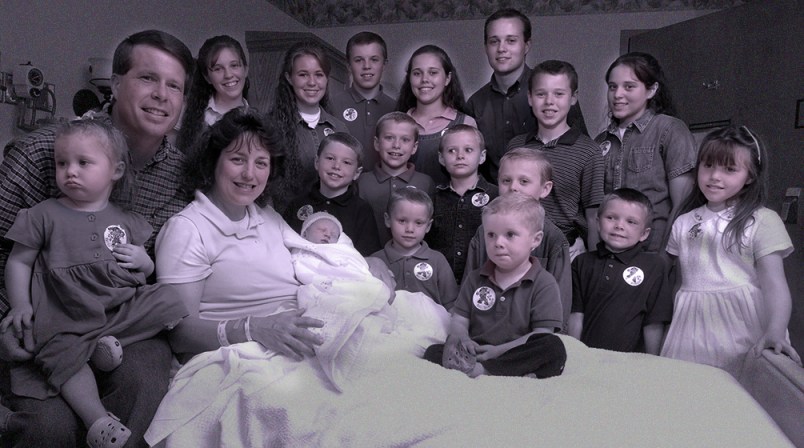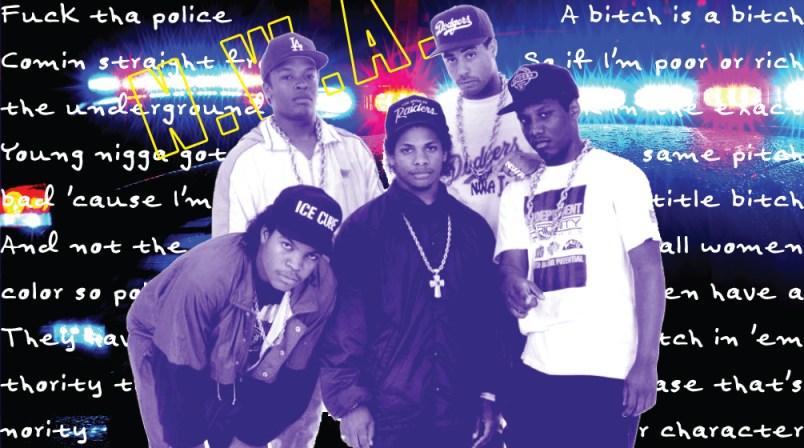The small pile of books resting on my bedside table is entirely stuffed with men. Despicable men, perverse men, egocentric men; men who lie, who whore and cheat, men who let their own throbbing members do the thinking. I keep them very close.
“I can’t believe you actually like this shit,” my friend snorted while handing me back my precious dog-eared copy of Sabbath’s Theater, Philip Roth’s 1994 tour de fuckfest. “This guy is disgusting,” she complained. “The book is so sexist!”
Philip Roth’s sexism is yesterday’s news: It feels dusty, stale. Still, we cannot seem to get over it. Ever since he made his “cunt crazy” Jewish protagonist Alexander Portnoy masturbate into a piece of liver in 1969’s Portnoy’s Complaint, Roth has been labeled a misogynist. His explicit sex scenes, his neverending use of the c-word, his super-macho protagonists and lack of female leads have made him a rich target for feminist scorn. The most common argument about Roth’s writing is that he sees women only as sexual objects, not real characters. He is never inside the heads of his females; they are flat, not grounded in complexity and exist only as outlets for men to either rage at or ejaculate into. By way of his male protagonists—his bad boys—Roth spews venom at women.
“These filthy, lowlife, rectitudinous cunts who tell you children these terrible lies about men, about the sinister villainy of what is simply the ordinary grubbing about in reality of ordinary people like your dad and me,” Sabbath sneers to a female student about the feminists at his university.
Many have been provoked by passages like these, but often for the wrong reasons.
In a 2008 essay in Harper’s, Vivian Gornick dismissed Roth’s entire post-Portnoy oeuvre: “In all the books to follow over the next thirty years, the women are monstrous because for Philip Roth women are monstrous,” she wrote. Three years later, the feminist publisher Carmen Callil fled the Man Booker International Prize jury after her fellow judges chose Roth as their winner. “It’s as though he’s sitting on your face and you can’t breathe,” she complained. Around that time, I was halfway through Sabbath’s Theater, my toes curling in delight over its utterly revolting protagonist.
I consider myself a feminist. My bookshelf is crowded with Virginia Woolf, Joan Didion, Alice Munro, Anaïs Nin—and plenty of Roth. Why am I drawn to Roth’s bad boys like a raccoon drawn to an overfilled trashcan? Why do I rejoice over their lack of morals and warped view of women?

I am Norwegian, and as you probably know, Scandinavia does gender roles differently. In Norway, being “feminist” is not controversial, and we don’t need Beyoncé to reclaim the word for us. We also have a way of describing a certain kind of man. The Tøffelhelt is a man who’s kind, harmless, reliable, supportive. Any Paul Rudd character would give you an idea. The Tøffelhelt doesn’t disturb. He doesn’t provoke. He agrees with you. In short: He’s dull.
I’ve dumped my fair share of Tøffelhelts for that simple reason. So have my female friends. The men we’ve fallen for—and had our hearts broken by—have been classic bad boys: arrogant, self-centered, even married. We’ve been furious with these men, outraged. But at least they have sparked some reaction in us.
No corner of pop culture is more crowded with bad boys than the hip hop scene. The game has a long history of misogynist lines, of fucking “bitches and hoes.” But there are exceptions. Drake is hip-hop’s Tøffelhelt, a deeply sensitive and caring man who doesn’t want to choke you (Eminem) or stick his finger up your butt (Lil’ Wayne). He desires “your hot love and emotion.” He’s the one you’ll marry but later cheat on. All he wants is to “take care of you,” protect you from all the bad boys out there. Drake’s savior gene has furnished his own “Drake the Type” meme, which started as a series of tweets making fun of Drake’s persona as a sensitive man. Later, the “please don’t fuck Drake” meme catapulted through Twitter after someone wrote just that on singer Jhene Aiko’s Instagram. And true enough: All Drake seems to be getting these days are lap dances from Nicki Minaj. He’s a good boy. But she won’t fuck him.

Simran Khosla
Studies show that men with a hint of malice in their personality get more ladies than the good guys (hello, Don Draper!). The cynical man is a ripe subject for hip hop lyrics, TV shows and novels, as he plows through the innocent lives around him, immune to empathy and self-knowledge. Yet these fictional bad boys are exactly what makes feminists write their creators off as misogynists.

The bitch. The cunt. She tricked him. He should have known never to let her go off with those kids. Should have killed her, should have killed the kids.”
That’s not an Eminem song – it’s the Vietnam vet Les Farley, a violent character in Roth’s The Human Stain. The lives of Roth’s bad boys are filled with sex— mostly adulterous, often with younger women. For all the misery their lust causes them and their loved ones, they seldom learn from, or apologize for, their wrongdoings, which brings me back to my horrified friend. The 64-year-old puppeteer Mickey Sabbath, “The Monk of Fucking. The Evangelist of Fornication,” is indeed an obscene, lecherous and adulterous old man with no morals. Just glance at his mock-gravestone:
Morris Sabbath
«Mickey»
Beloved Whoremonger, Seducer,
Sodomist, Abuser of Women,
Destroyer of Morals, Ensnarer of Youth,
Unxoricide,
Suicide
1929 – 1994
Sabbath’s Theater might be Roth’s dirtiest novel. Every hole must be tried, in every conceivable position. Aside from any number of outrageous acts—golden showers, graveside masturbation, filthy phone sex transcripts—the book contains praises to the clitoris (“The mother of the microchip, the triumph of evolution”) and the morning hard-on (“No deceit in it. No simulation. No insincerity. All hail to that driving force!”).
Here’s Sabbath going through 19-year-old Deborah’s underwear drawer:
Who in his right mind doesn’t adore straps, all the abracadabra of holding and lifting? And what about strapless? A strapless bra. Christ, everything works…Half- slips. Loved the outmoded half- slip. A woman in a half- slip and a bra standing and ironing a shirt while seriously smoking a cigarette. Sentimental old Sabbath.
To Mickey, women are blow-up sex dolls. They’re there to be conquered, and he’s the champion of the male libido. And the women? They throw themselves at him. I can relate to that: To me, Mickey’s revolting behavior is what makes him irresistible.
Through his characters, Roth loves to go beyond the boundaries of what is acceptable. He always challenges you, disturbs you, shocks you into feeling. His writing might outrage you, but you’re never left untouched.
Both Mickey and his creator, Roth, manages to simultaneously charm and disgust us. Sabbath might be off-putting, but he is armed with humor and charisma beyond his filth. Roth’s prose is brimming with vitality, exploding with life. You can feel him almost choking in the rush to spit it out. He offers an absurd festival of virility in his totally repulsive yet surprisingly compelling protagonist. One is pushed away and drawn back to Mickey Sabbath—and Alexander Portnoy and David Kepesh and Nate Zuckerman—just as one is thrust away and drawn to Roth. That’s the Roth package: he can reel off intense and elegant prose, while being downright ugly and distasteful.

I am turning 30 this year. A shift is starting to take place: My friends who earlier dismissed the Tøffelhelts are now marrying them, entering into the conventional world of dinner parties and trips to IKEA, of scented candles and color-coded bookshelves. I find that safe space to be dreary, predictable and unexciting. Roth never gives you the safe route. You never know where the narrative will take you; nothing wraps up neatly, nothing is reliable or predictable: the essence of charm is surprise.
“I occasionally have an anti-Roth reader in mind,” the author said in a 1984-interview with The Paris Review. “I think, ‘How he is going to hate this!’ That can be just the encouragement I need.” There is something refreshing about people who refuse to follow the rules, people who speak the unspeakable—even (or maybe especially) when what they’re speaking is fiction.
One of the jobs of literature–not always, but often—is to make us uncomfortable. Fiction upsets, confronts and disturbs, it exposes all the irrational undertows of intimate life. Think of Lolita, of Hamlet, of The Unbearable Lightness of Being. Think of the rise of TV’s anti-hero: Tony Soprano, Don Draper, Walter White. Moral ambiguity is the hallmark of an authentic character; we don’t have to like him in order to engage with him. It’s neither the writer’s job to be nice, as Roth has explained again and again, nor is it the reader’s job to befriend the characters. I would never try to set up Sabbath or Portnoy with any of my single female friends, but that doesn’t stop me from wanting my female–and male–friends to read about them, not for their smoothness, but for their complexity.
“Whoever looks for the writer’s thinking in the words and thoughts of his characters is looking in the wrong direction,” Roth said in his most recent interview with The New York Times. “Seeking out a writer’s ‘thoughts’ violates the richness of the mixture that is the very hallmark of the novel.” To dismiss Roth as sexist just because you don’t like his male characters reduces the possibilities of literature; it transforms literary criticism into narrow-minded personal or political vendettas.
Joan Didion already told us this in her 1972 essay “The Women’s Movement,” where she argues that reading fiction through the lens of political ideologies is reductive, “for fiction is in most ways hostile to ideology.” Rebecca Traister continued Didion’s thought in 2010, when defending Tina Fey against a mob of feminists: “Ideology and political purity are frequently the enemies of all that is hilarious in the world,” she wrote in Salon. Progressive pop-culture feminists like Ann Friedman, Joan Morgan and Julianne Escobedo Shepherd have all said that it’s possible to have two thoughts at once: You can be both a feminist and still dig tunes with lyrics like, “She mad as fuck/stuck in the back of a black Acura/Fed her acid now that the duct tape quacks back at her.” Just as it’s possible to be against sexism and still enjoy sentences like, “I don’t seem to stick my dick up these girls, as much as stick it up their backgrounds—as though through fucking I will discover America.” That last one belongs to Alexander Portnoy, a Roth character I love-hate very much.

Why not take this further: Maybe Philip Roth loves women? Maybe he, who offers a three-page description of female masturbation, is in fact an advocate for female desire? Sure, he’s got myriad bad boys, but then we have Drenka—middle-aged and married—a woman who enjoys her sexuality and who inspires Sabbath to reach new heights of desire. Isn’t she a sexual role model? Even after her death, men go nuts for her: After having jerked off on Drenka’s grave, Sabbath is interrupted by another grieving man who has come to do the same. Sabbath spies him, and afterward grabs the bouquet on which his rival has consummated his lonely act, licks off the semen while he howls to the full moon, “I am Drenka! I am Drenka!” Who’s in control now?
While misogynists try to shame women, Roth celebrates women’s sexual power. It’s the men he is out to get. Roth’s male characters may not always treat women the way society wants. But neither do many men in real life, which is what he is exploring. His bad boys might demean women, but most of all they demean themselves. Yes, there’s sex, but there’s also loneliness, insecurity, lack of connection and lack of intimacy: the downsides of lust. Few of his male characters seem to understand much of the world around them; they are lone wolves, outsiders who wander around in a confused fog, guided only by their hard-ons. It’s pretty pathetic, if you think about it. Often it is the women who make them aware of the situation, either by loving them, leaving them, by staging a disappearance or simply by dying. Roth’s men are tenacious, shaped by uncontrollable longings, rage, and bitterness; they’re overwhelmed by the women around them, not unlike Eminem and Lil Wayne.
Maybe that’s why I feel such a strong urge to be in the company of Roth’s bad boys. Because behind all the sexism, all the failed charm, the perversity, the egocentrism, all the masochism and lust are small, lonely, naked, shivering men, completely out of sync with themselves. They are men I take pity on. Men I feel sorry for. Men I can laugh over and be outraged by. They are men I want to continue having a conversation with. That’s why they remain close to me, stacked atop my bedside table.
Lead art: Simran Khosla
Ellen Sofie Lauritzen is a Norwegian journalist and critic living in Brooklyn.






